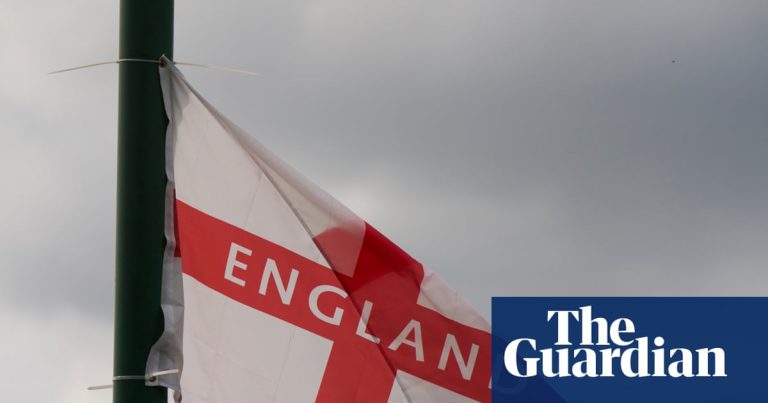The foreign affairs select committee is preparing to investigate alleged Chinese government interference in UK academia as part of a wider review of Britain’s China strategy. MPs are expanding the remit of the government’s internal China audit, completed in June, to probe state influence within British universities.
Pressure on ministers intensified after the Guardian revealed that Sheffield Hallam University had halted the work of Professor Laura Murphy, a leading academic critical of China’s human rights record. Murphy, whose research examines allegations that Uyghurs are being coerced into forced-labour programmes linked to Chinese supply chains, was barred from continuing her work after years of pressure reportedly coming from Beijing. China denies accusations of forced labour, describing its Uyghur employment programmes as poverty-alleviation measures.
Sheffield Hallam lifted the ban in October and issued an apology to Murphy, but the episode has sparked alarm about both direct pressure from the Chinese state and the risk that universities mute criticism to protect access to the lucrative market of Chinese students. Emily Thornberry, chair of the foreign affairs select committee, said evidence so far indicates Chinese government interference in UK universities is a threat that needs examination and coordinated responses from institutions.
The Sheffield Hallam branch of the University and College Union (UCU) and the union’s national executive committee passed motions calling for a full public inquiry into the university’s handling of Murphy’s case and a government-led review into the extent to which commercial considerations undermine academic free speech. Similar motions are expected at regional UCU branches. Bob Jeffrey, a Sheffield Hallam UCU branch officer, said Murphy’s case “really resonates” with members. Other UK academics have spoken out about intense pressure from Beijing since the case came to light.
Internal Sheffield Hallam emails described Murphy’s research and the university’s business interests in China as “untenable bedfellows.” The university has said the emails do not represent official policy and denied that commercial considerations motivated the decision to block the research. Separately, the institution has been referred to counter-terrorism police amid concerns that blocking Murphy’s work may have assisted a foreign intelligence service.
Staff at Sheffield Hallam planned to strike on Tuesday amid anger over proposed job cuts and the university’s handling of the incident. UCU general secretary Jo Grady said it was “incredibly worrying” that the university appeared to have tried to silence a professor on behalf of a foreign government.
Longstanding anxieties about universities’ reliance on international tuition fees from China have been revived by the case. Nearly 150,000 Chinese students were enrolled in the UK in the 2023–24 academic year, paying billions in fees that many institutions view as essential to their finances. Collaboration with Chinese students is also credited with boosting UK research output, especially in science and technology, though officials and experts have warned of security risks from certain joint projects.
In 2023, parliament’s intelligence and security committee warned China could secure political influence and economic benefit in the UK by shaping debate about China within universities, exerting pressure on academics and Chinese students. The UK ranks at the top of countries affected by Chinese government influence in academia on the China Index, a monitoring project by Doublethink Lab.
Beijing responded strongly to the Sheffield Hallam reports. The state-run Global Times claimed Western scholars “essentially only have the freedom to express anti-China sentiments, not the right to conduct free research.” A Chinese embassy spokesperson said China opposes attempts to slander the country and accused the individual involved of receiving funding and support from US government agencies and others to conduct research aimed at attacking China’s Xinjiang policies, calling it part of a political campaign to defame China under the guise of academic freedom.
Additional research by Lillian Yang






